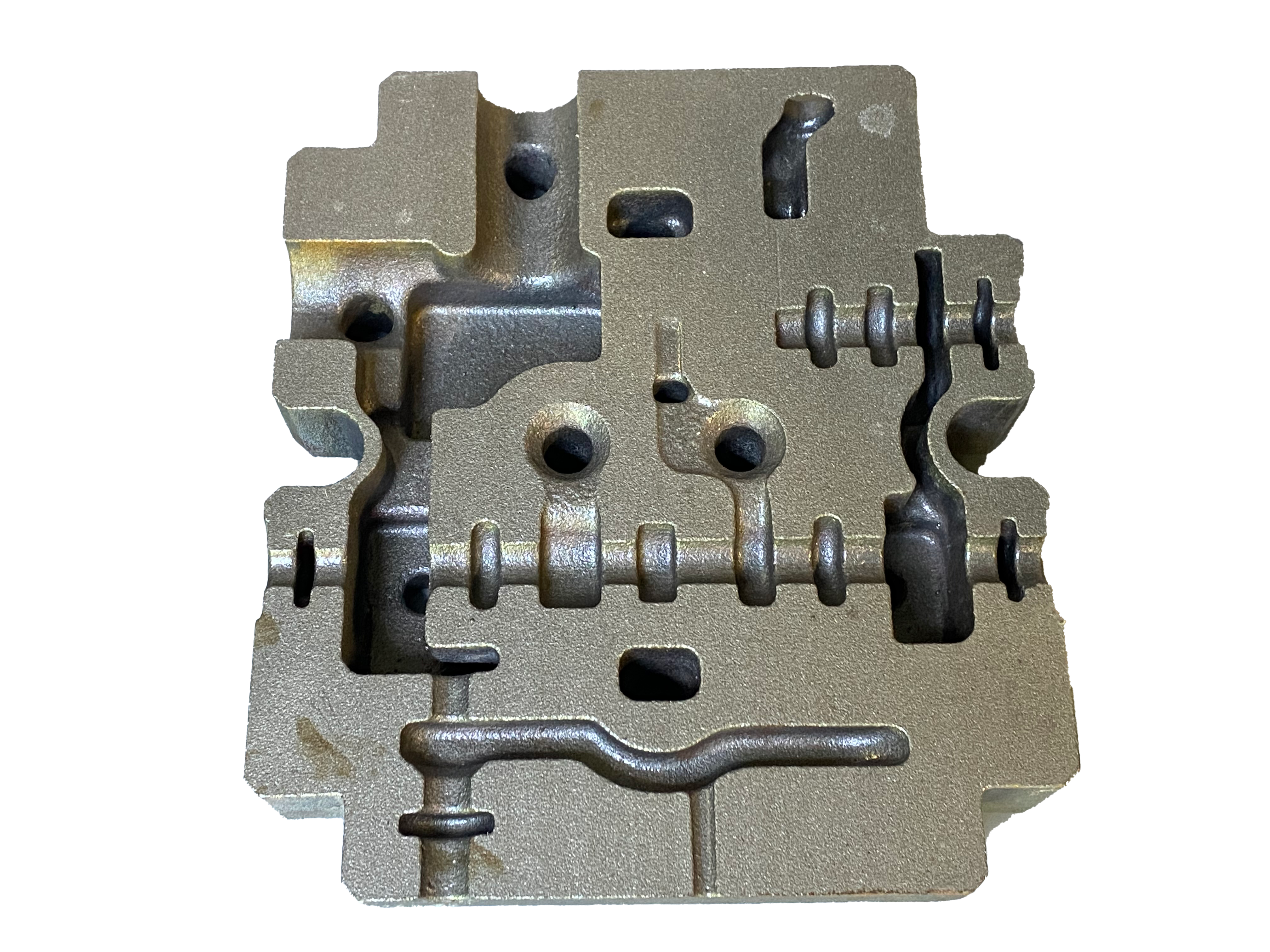Ошибка формата электронной почты
emailCannotEmpty
emailDoesExist
pwdLetterLimtTip
inconsistentPwd
pwdLetterLimtTip
inconsistentPwd

Новости
What Viewpoints Need to Be Changed in Aluminum Alloy Precision Casting Processing
Aluminum alloy precision casting is a rapidly developing field in the casting process. Because of its wide application scale, it is deeply loved by customers. In general, the common aluminum alloy precision castings in our lives include car parts, mechanical parts, etc., which have made great contributions to our industrial field. However, with the rapid development of our country's automobile and machinery industries.

What aspects need to be paid attention to in the aluminum alloy precision casting process?
The demand for aluminum alloy precision casting products is also increasing, and the requirements of different customers will be different. In order to meet the market demand, what aspects should be paid attention to in the aluminum alloy precision casting process? Follow along with me to find out. It is known that in addition to free silicon, aluminum alloy precision casting also contains various compounds and other inclusions between metals.
And due to the loose structure of aluminum alloy precision casting, there may be uneven chemical composition segregation, and at the same time, the unprocessed surface will form a dense oxide film when cooling after casting, which makes aluminum alloy precision casting appear very rough. Therefore, alkali etching is very important. If the alkali etching time is short, the aluminum alloy precision casting may not be able to be completely removed. If the time is too long, and the dissolution rate of cast aluminum is relatively fast during alkali etching, the alkali etching will often result in Constitute the over-corrosion of aluminum alloy precision casting.
As a result, the tolerance scale will change, and even the product will be scrapped. The above alkaline etching method can prevent the parts from being over-corroded. After alkaline etching, hydrochloric acid can also be used for 2-3s light extraction, instead of the more toxic hydrofluoric acid, which is not only beneficial to environmental protection, labor conditions, but also reduces production costs.
What viewpoints need to be changed in aluminum alloy precision casting processing?
The ratio of new and old materials in the furnace of aluminum alloy precision casting materials should be 7:3, which can reduce the loss of zinc alloy recast aluminum. Aluminum die-casting plants are regular in accordance with the metal ratio. Zinc is the main metal and then participates in a certain amount of aluminum-magnesium-copper tempering to produce the required zinc alloy ingots, which are the basis of alloy die-casting. After the material is produced, the temperature of the melting nozzle material shall not exceed 430 degrees Celsius.
The aluminum alloy precision casting plant can prevent unnecessary metal loss at high temperature and the production of electroplating can be separately regenerated in the furnace. All the operations in the process are also the zinc alloy ingots under the melting furnace. Not only can this reduce melting costs but throughput can also be greatly utilized to ensure that each process is accurate. The cost of die-casting zinc alloy cannot be increased. Pay attention to storage in a ventilated, non-humid, clean and clean warehouse and strictly control the storage to prevent impurities.
Conclusion
For more information about wax metal casting,wax loss casting,casting wax sculpture, we are glad to answer for you.

